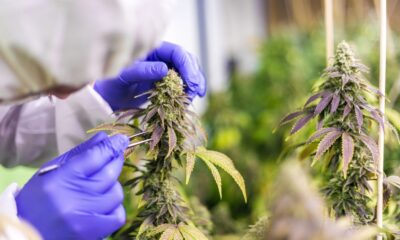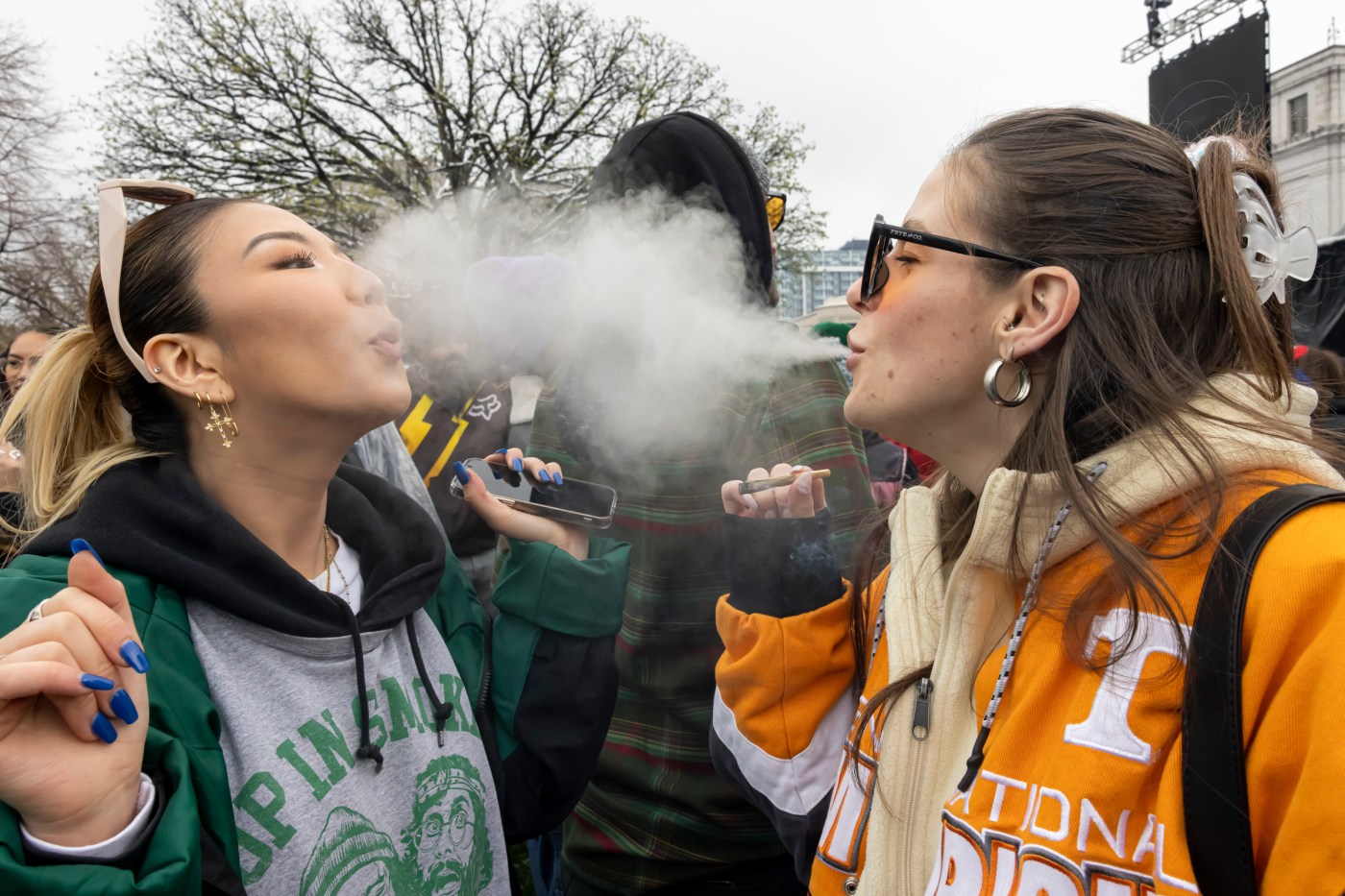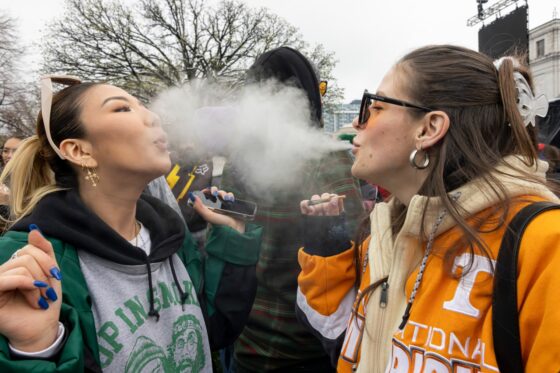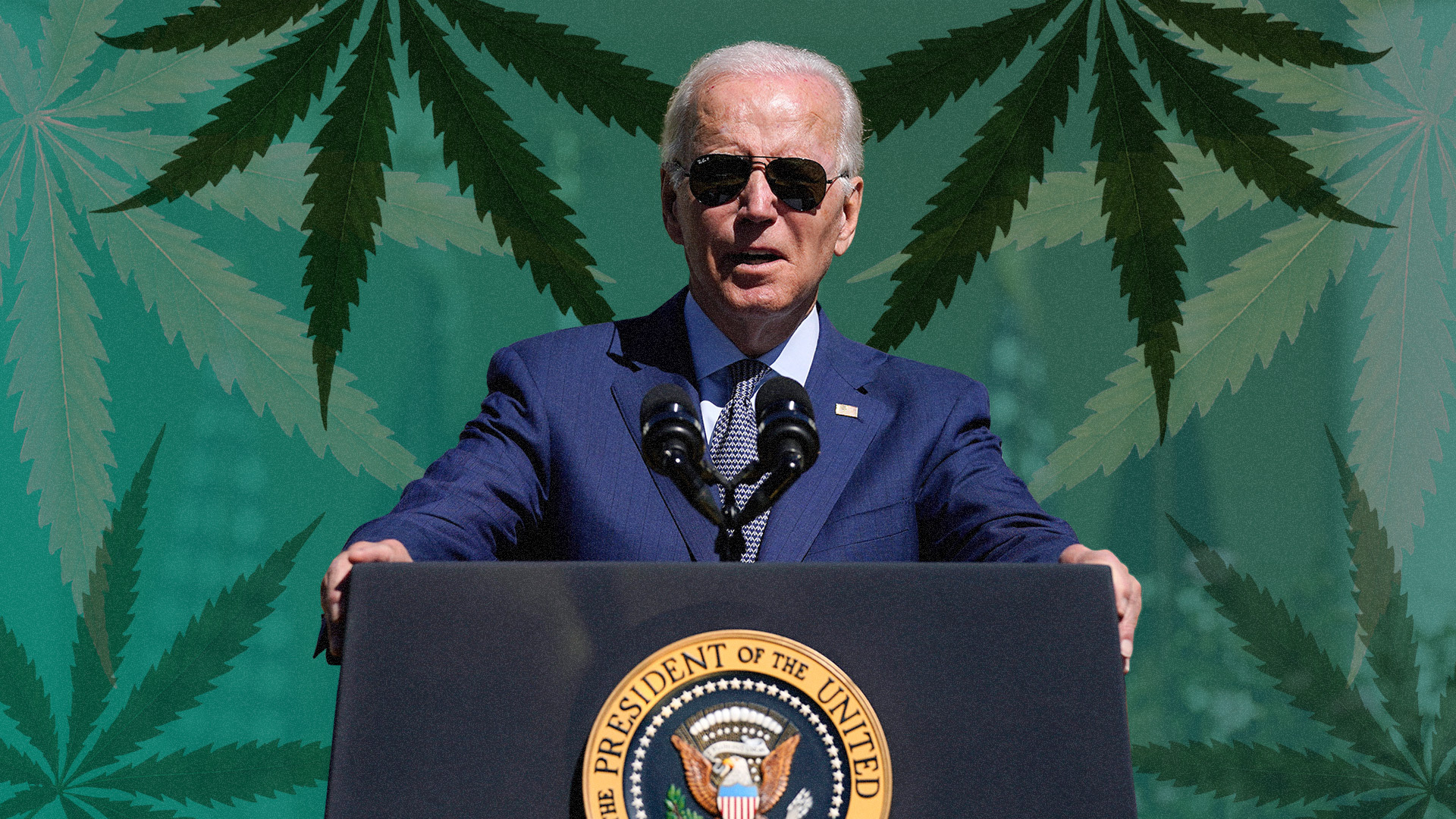Cannabis has medical use and is less addictive than comparable drugs, a US health agency admitted for likely the first time today in newly released documents published on Substack, X and Marijuana Moment.
The long march to federal legalization took another step forward with the publication of the document from the United States Health and Human Services Agency. According to documents released under the Freedom of Information Act and requested by Matt Zorn, the US HHS has recommended (pdf) to the Department of Justice Drug Enforcement Administration on Aug. 23 that cannabis be re-ranked on the government’s list of dangerous drugs down from its No. 1 spot alongside heroin to a No. 3 slot alongside the tranquilizer ketamine or the painkiller codeine.
This process of re-ranking is called re-scheduling. Marijuana has been a Schedule I drug since it was placed there in the ’70s over the opinions of experts. Today, over 90% of Americans support medical legalization of marijuana. On Oct. 6, President Biden had urged the HHS to review cannabis’ scheduling, resulting in the August recommendation to the DOJ. The DEA has not stated when it will respond to the HHS’s recommendation.
We’ll have more details as we read the 252-page document.
Related
30 weed predictions very likely to come true in 2024
The core of a scheduling review is two legs: medical use, and potential for abuse. In the past, the federal government had deemed marijuana had no medical use and a high potential for abuse. That is no longer a tenable position.
On medical use
The HHS review of 2023 found extensive medical use of cannabis in the 40+ states with medical cannabis laws:
more than 30,000 HCPs are authorized to recommend the use of marijuana for more than six million registered patients, constituting widespread clinical experience associated with various medical conditions recognized by a substantial number of jurisdictions across the United States.
US HHS Aug. 2023
“more than 30,000 HCPs are authorized to recommend the use of marijuana for more than six million registered patients, constituting widespread clinical experience associated with various medical conditions recognized by a substantial number of jurisdictions across the United States.”
On potential for abuse
The HHS review found most people using cannabis were doing so safely and no one was dying from it, unlike far more deadly and less restricted drugs.
According to the HHS, “evidence also exists showing that the vast majority of individuals who use marijuana are doing so in a manner that does not lead to dangerous outcomes to themselves or others.”
Shop highly rated dispensaries near you
Showing you dispensaries near
“although abuse of marijuana produces clear evidence of harmful consequences, these appear to be relatively less common and less severe than some other comparator drugs.”
Marijuana is the “lowest ranking group” for “serious medical outcomes, including death, observed in Poison Center data,” the HHS found.
For overdose deaths, marijuana is always in the lowest ranking among comparator drugs.
US HHS Aug. 2023
“The risks to the public health posed by marijuana are lower compared to other drugs of abuse (e.g., heroin, oxycodone, cocaine), based on an evaluation of various epidemiological databases for emergency department (ED) visits, hospitalizations, unintentional exposures, and most importantly, for overdose deaths.”
“For overdose deaths, marijuana is always in the lowest ranking among comparator drugs.”
In conclusion, the HHS writes:
“Based on the totality of the available data, we conclude that there exists some credible scientific support for the medical use of marijuana in at least one of the indications for which there is widespread current experience in the United States.”












































